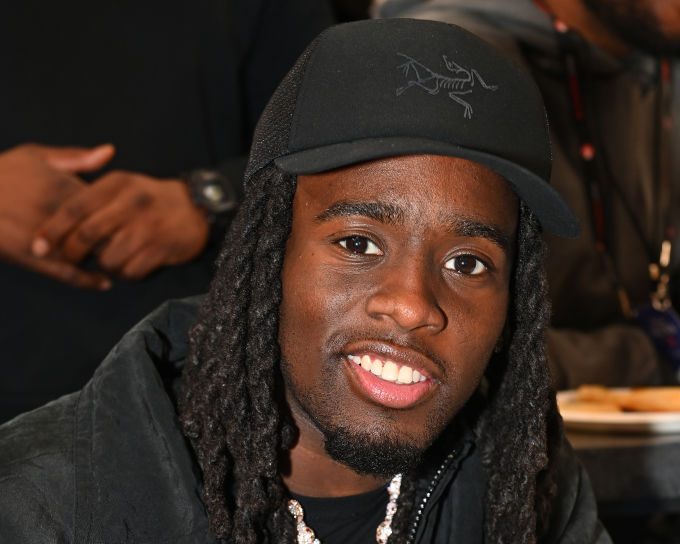Kai Cenat is among the content creators named in Drake’s newly filed lawsuit against Kendrick Lamar and Universal Music Group (UMG).
The Canadian rapper alleges the streamer’s reaction to Kendrick’s controversial track, Not Like Us, was “whitelisted” to boost profits. This legal battle follows the highly publicized feud between Drake and Kendrick, which dominated headlines in 2024. The clash reached its peak with Kendrick’s Not Like Us, a diss track that silenced Drake and seemingly secured K-Dot’s victory.
Months later, Drake has shifted the conflict to the courtroom. On January 15, 2025, he filed an 81-page lawsuit against UMG, his own record label, which also represents Kendrick. The suit accuses UMG of promoting Not Like Us despite its lyrics containing what Drake calls “false and defamatory accusations of pedophilia.”
The legal document further alleges that UMG manipulated the track’s success by encouraging reactions from influencers, including Kai Cenat, Zias, NoLifeShaq, and RDC Gaming. According to Drake’s team, these creators were allowed to monetize their reaction videos without facing copyright enforcement.
Drake’s legal team claims this “whitelisting” strategy enabled the track’s damaging claims to gain traction online, driving both its virality and UMG’s profits. The lawsuit also alleges UMG paid influencers directly to amplify the song’s reach on platforms like Instagram and X (formerly Twitter).
Despite the heated allegations, Drake’s lawsuit refrains from targeting Kendrick Lamar directly. Instead, it focuses squarely on UMG.
“This lawsuit is not about the artist who created Not Like Us,” the filing states. “It is entirely about UMG, the company that chose to publish, promote, exploit, and monetize allegations it knew were false and harmful. UMG understood the inflammatory nature of the song’s claims and exploited them for financial gain.”
Drake seeks damages for the alleged harm caused, though the lawsuit does not specify an amount. Meanwhile, UMG has denied all allegations, calling the claims “untrue” and “illogical.”
The label defended its actions in a public statement, citing years of support for Drake’s career. “We have invested significantly in [Drake’s] music and helped him achieve unparalleled commercial success. This lawsuit seeks to undermine an artist’s creative expression while unfairly targeting UMG.”
As the case unfolds, it underscores the increasingly complex intersections of artistry, corporate influence, and online platforms in the music industry.


Leave a Reply